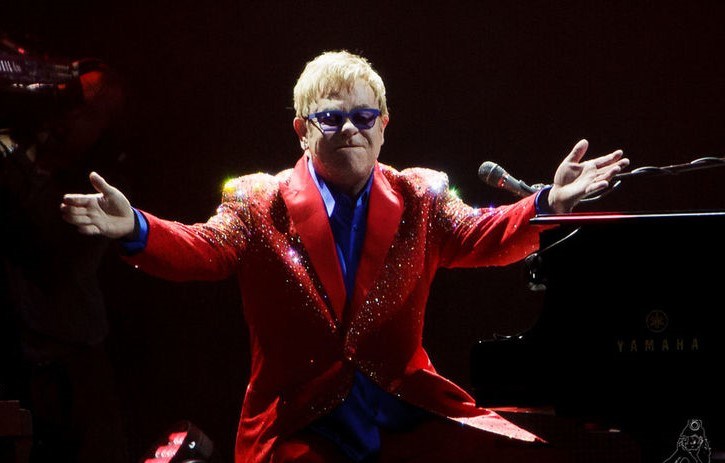The United Kingdom has said it will deal with EU member states individually to organise a system allowing artists free movement with the rest of Europe, De Tijd reports.
Since 1 January, there has been no more free movement of people between the UK and the EU, and that includes artists on tour as well as actors working on the continent.
Last month the British government accused the EU of obstruction because musicians could no longer tour freely, an accusation immediately thrown back at the British government.
“There is no more free movement because the British wanted it that way,” said Michel Barnier, chief Brexit negotiator for the EU. “I’m very sorry they did have more ambition.”
Then, this month, superstar Elton John wrote a piece in The Guardian describing his early years touring in Europe – an opportunity young British musicians now have had taken from them.
“The situation we’re now in is ridiculous,” the singer wrote.
“Music is one of Britain’s greatest cultural exports. It contributed £5.8bn to the British economy in 2019, but was left out of the Brexit trade negotiations when other industries weren’t. Workers from some professions are still allowed to travel on business without applying for a visa. But not musicians. Either the Brexit negotiators didn’t care about musicians, or didn’t think about them, or weren’t sufficiently prepared. They screwed up.”
Related News
- Brexit: British exports to EU down 68% in January
- Brussels jazz group stages anti-Brexit protest at Eurostar terminal
Then this week, junior culture minister Caroline Dinenage told parliament it would be “extremely complicated” to reopen negotiations with the EU as a whole, so the government was preparing to begin talks with the EU27 on a bilateral basis.
“Work permits are the biggest problem and that is a competence that rests with individual countries,” she said.
MPs heard of the experience of one pianist, booked to play a concert in Spain, who was faced with visa-related costs of £600.
Meanwhile Deborah Annetts, chief executive of the Incorporated Society of Musicians told parliament the current travel restrictions in operation in the UK and EU provided the perfect opportunity to move quickly to get the free movement situation fixed.
“Since we moved post-Brexit, so post the transition period, I think the adverse impact of Brexit to the creative industries and in particular the freelance community has become even more stark,” Deborah Annetts of the chief executive of the Incorporated Society of Musicians told parliament.
“I have been inundated with personal testimony from musicians as to the work that they have lost or are going to lose now in Europe as a result of the new visa and work permit arrangements. Some of them are really quite heart-rending, with musicians saying they are thinking of giving up being a musician altogether.”
Alan Hope
The Brussels Times

